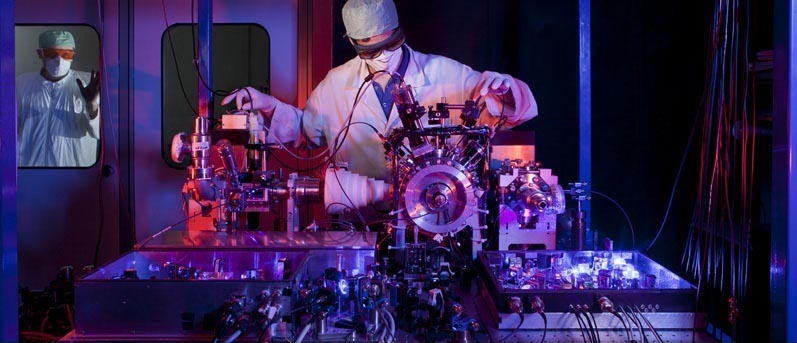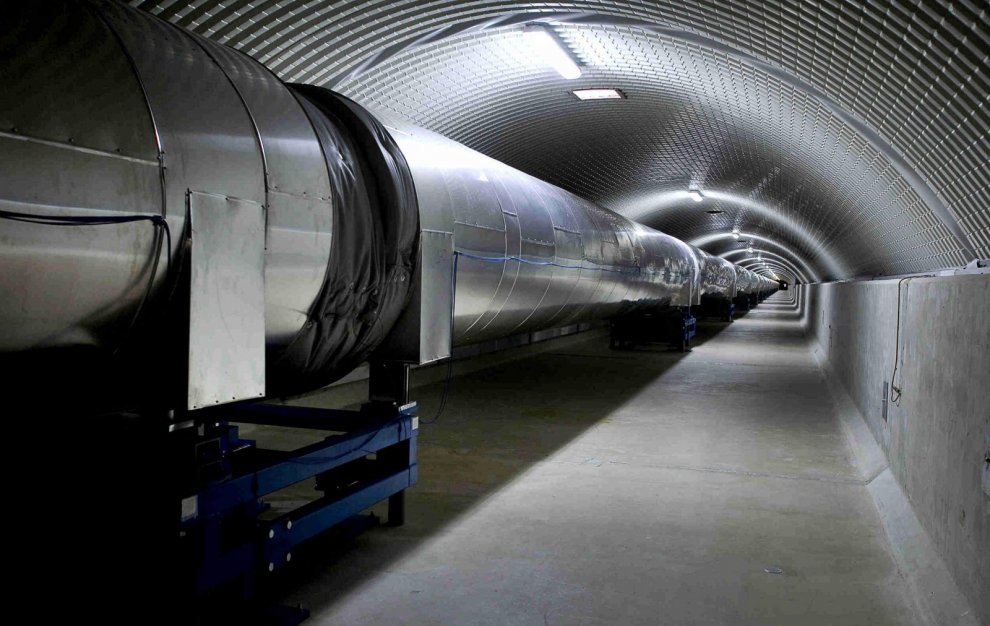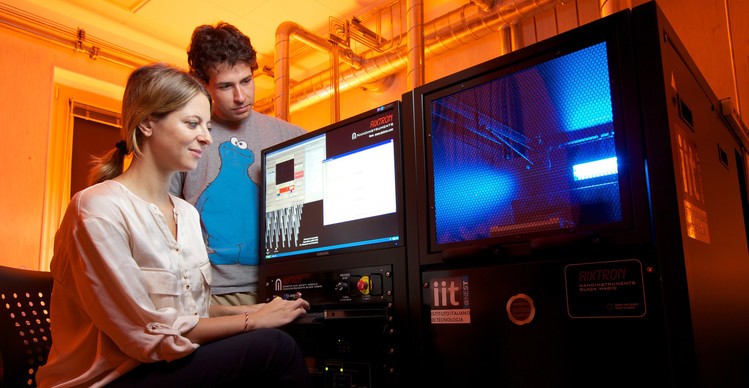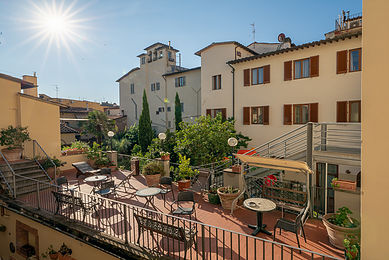Facilities
The scientific programme plans to show the participants a wide spectrum of high profile scientific and academic facilities present in Pisa and Florence
The European Laboratory for Nonlinear Spectroscopy (LENS).
The VIRGO site of the European Gravitational Observatory (EGO).
The National Institute for Nuclear Physics (INFN).
The National Enterprise for nanoScience and nanoTechnology (NEST).
Italy National Research Council (CNR).
The University of Pisa.
The University of Florence.
During our visits, we will be offered a large number of talks, as in the past editions. In particular, we expect to have overviews of all the major experiments running at the different laboratories. It will be an undoubtedly rich experience.
The Facilities
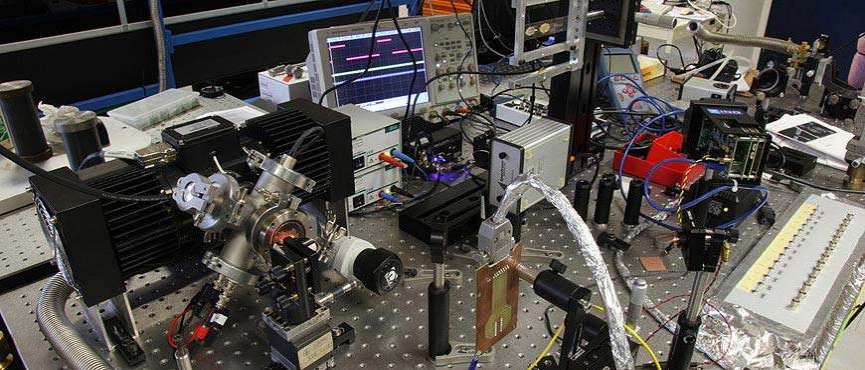
The University of Florence is the biggest in Tuscany. Its new physics deparment, in a scientific campus outside the city, is strongly linked with other institutions. Among its wide array of research fields, a large matter physics group studies mainly biophotonics and quantum technologies.
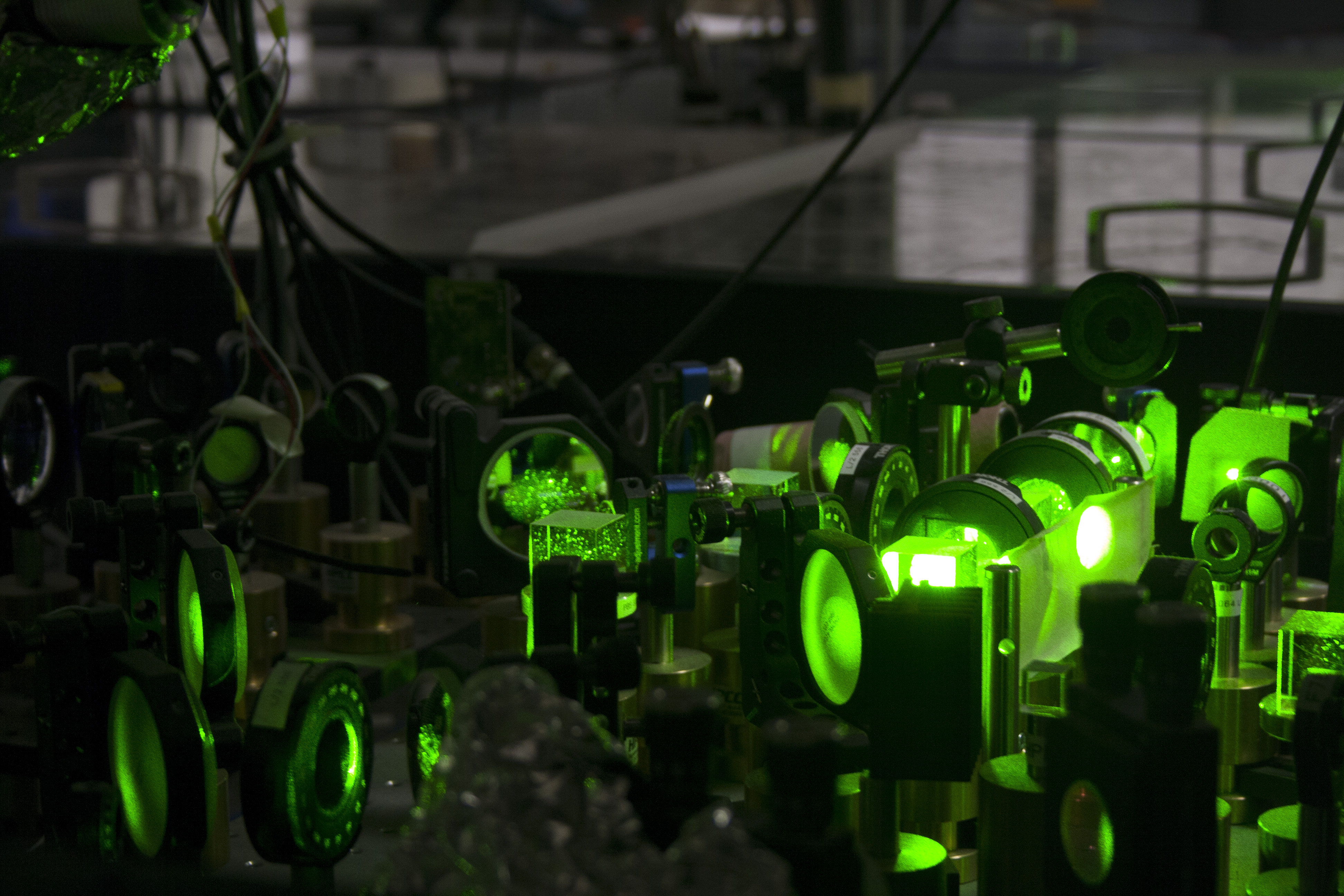
The University of Pisa is one of the most ancient universities in Italy and Europe. In its facilities, among others, studied the Physics Nobel laureates Enrico Fermi and Carlo Rubbia. It is consistedly ranked among the world's best universities in the field. We will visit the laboratories dedicated to optics, lasers and crystal growth.
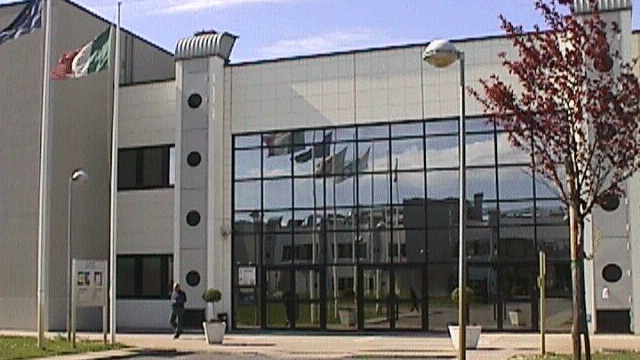
The current National Institute of Optics (INO) is a mainstay of CNR scientific network. It has been working for over ninety years in the field of Optics, understood in its broadest meaning, and has updated its fields of activity in line with the huge innovations that have characterized this area over the last century.
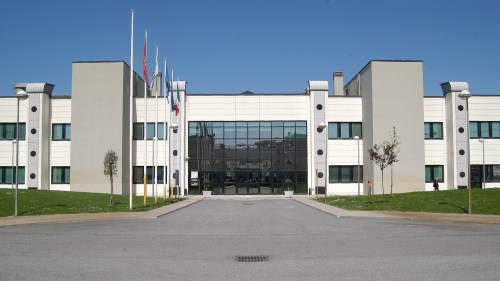
The Biophysics Institute (IBF) was established in May 2001, and it's an interdisciplinary Centre of National Research Council (CNR). IBF’s mission is to apply methodologies and techniques typical of the physical sciences to the study of the structure and functions of biological systems.
